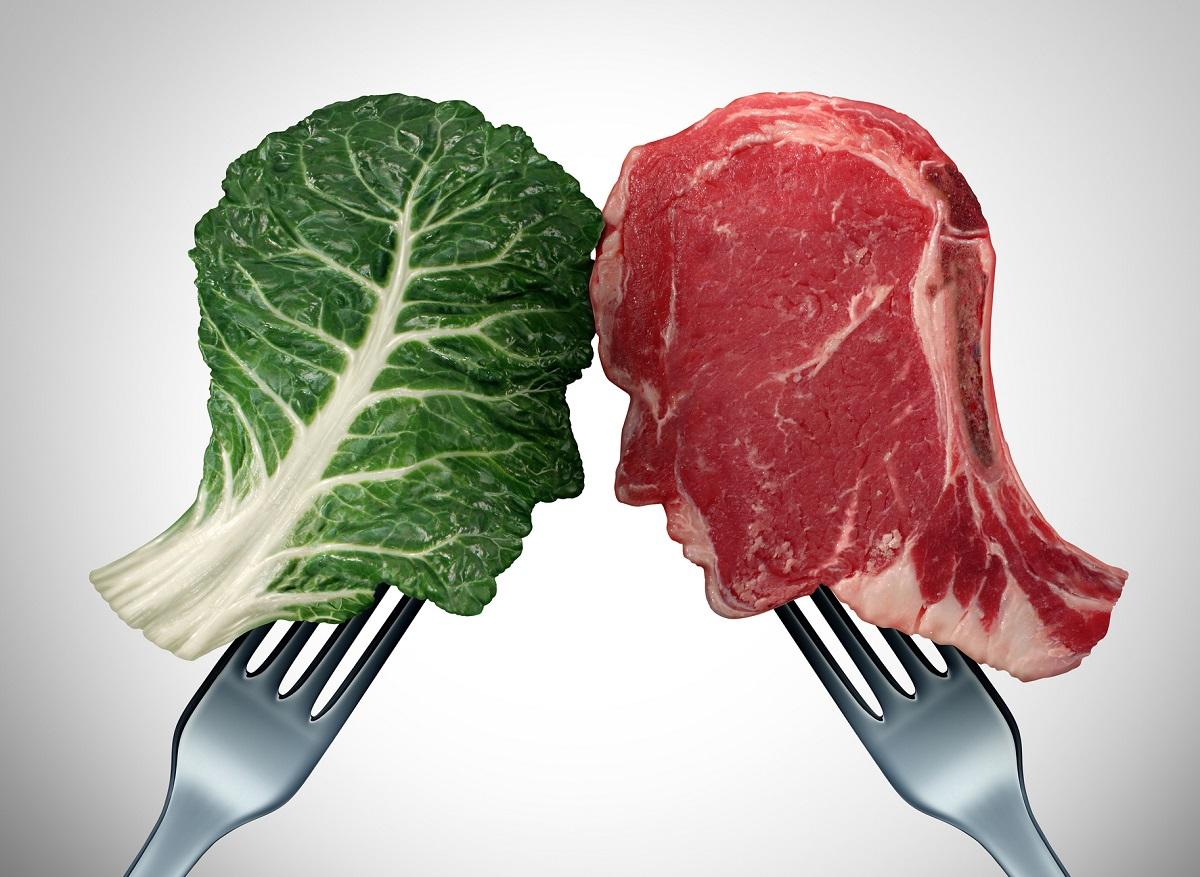A US study shows that a very long fasting period between dinner and breakfast results in a low BMI.

“King’s breakfast, prince’s dinner and poor man’s supper”. Did our grandmothers already understand everything about chrononutrition? A Loma Linda University study (United States) suggests it.
The results confirm that a heavy meal in the morning would help maintain a low body mass index (BMI). To ensure the effectiveness of an effective long-term diet, it is necessary to favor a consistent diet in the morning, less filling at midday, and light in the evening.
One or two meals a day
To reach this conclusion, the researchers analyzed the BMI and eating habits of more than 50,000 American and Canadian adults over the age of 30. In particular, they looked at the number of meals they ate per day – counting snacks as meals – the duration between the evening meal and the morning meal, whether or not breakfast was taken, or the volume of meals.
They drew several significant patterns: People who only eat one or two meals a day have a lower BMI than the rest of the population. Conversely, those who ate more than 3 times, including snacks, had a higher BMI.
Go to bed hungry
The length of the “fast” between dinner and breakfast also seems to matter: the longer it is, the more it results in a low BMI. In particular, in those waiting at least 18 hours, the BMI was particularly low.
“Our results suggest that, in healthy adults, eating less often, without snacks, with breakfast as the main meal of the day, would be keys to preventing long-term weight gain. , summarize the researchers. Eating a midday meal 5-6 hours after breakfast, and fasting for 6-7 p.m. at night would be a good strategy. “
Do not fall into extremism
Which means, just two meals a day. If breakfast is eaten at 7 am and lunch 6 hours later at 1 pm, waiting until 6 pm is like not eating anything until 7 am the next morning… Not sure that this is suitable for everyone. We’re used to three meals a day, and starving yourself is rarely a good long-term diet strategy.
But some basic principles can be learned, namely to eat copiously in the morning, less and less during the day, and to avoid large meals that end late at night. At the time of summer barbecues, fatty and rich in meat, nutritional recommendations may however wait until the start of the school year.
.

















